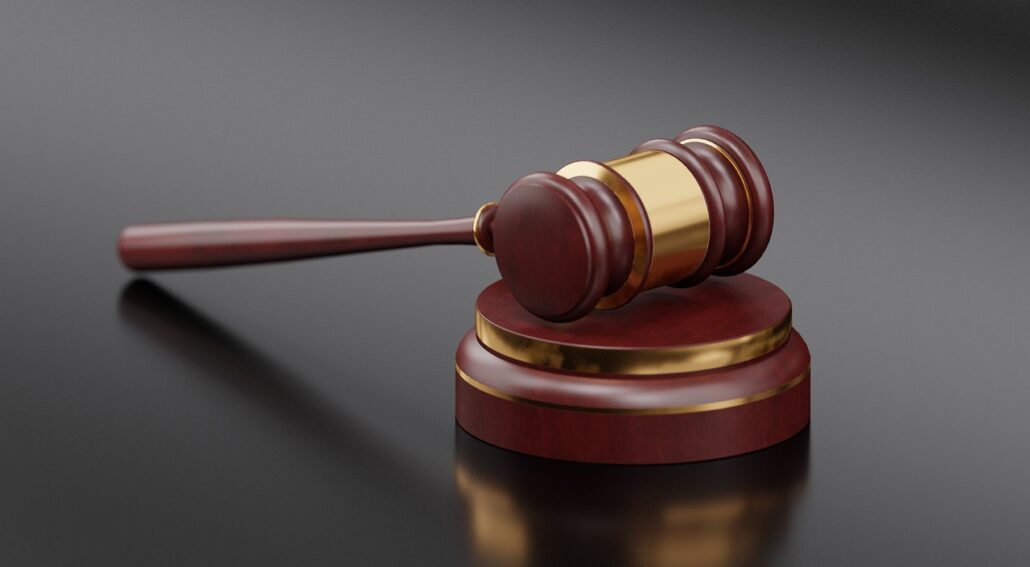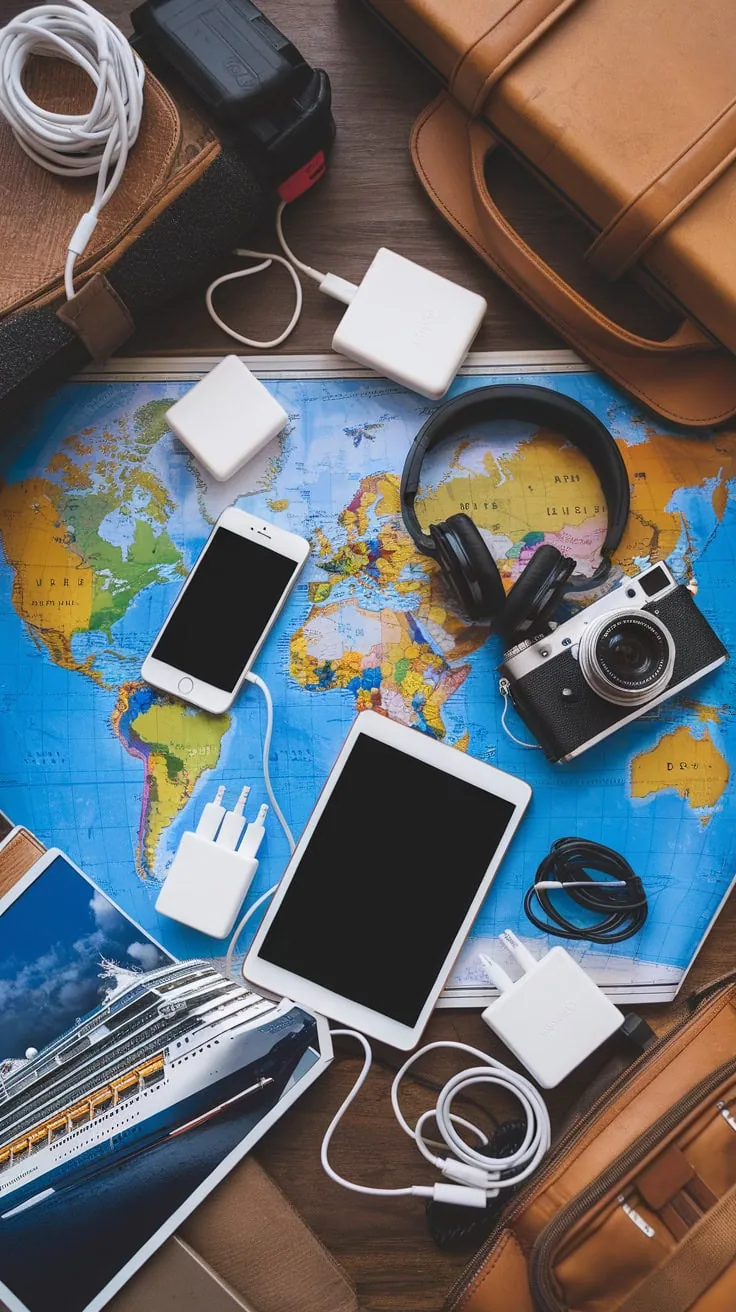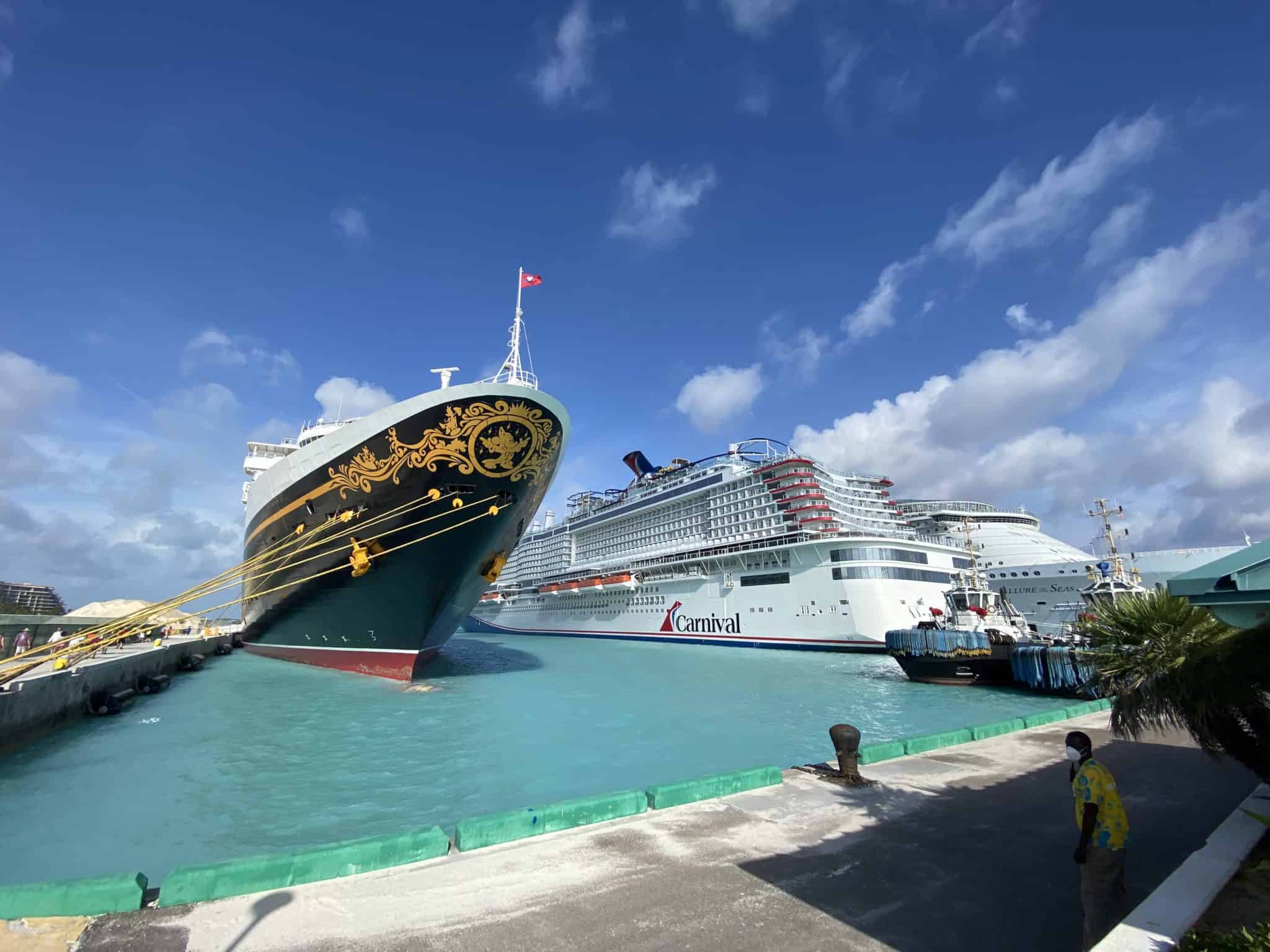That dream vacation turned south fast, didn’t it? One minute, you are sipping cocktails on deck; the next, you are nursing a broken wrist from a slippery staircase.
Cruise lines bank on your confusion after accidents because their glossy brochures never mention the uphill battle for compensation that follows when things go wrong.
The expertise of an injury lawyer specializing in cruise ship accidents makes all the difference when fighting these corporate giants.
These specialized attorneys know exactly how maritime laws work, and they’re nothing like standard personal injury rules.
Understanding Your Rights as a Cruise Passenger

Pull out that ticket contract from your luggage. Yes, nobody reads that endless document with microscopic print. Buried inside are shocking limitations on where and when you can sue, often giving you just 6 months to file formal notice, compared to years for normal injury claims.
Some even specify which city you must file in, regardless of where you live.
Don’t give up, though. Despite these sneaky restrictions, maritime law still grants passengers solid protections.
Immediate Steps After an Incident
What you do right after getting hurt makes or breaks your case. The clock is ticking while evidence disappears with every nautical mile the ship covers.
- Report the incident officially: Don’t just mention it to a random crew member. Go directly to security or medical staff and insist on a written incident report. No incident report means no proof later, and cruise lines conveniently “lose” records all the time.
- Gather evidence thoroughly: Gather evidence like your case depends on it—because it does. Snap photos from every angle, get witness contacts before they disappear, and write everything down while it’s fresh.
- Seek proper medical attention: Ship doctors work for the cruise line, not you. Their reports often downplay injuries. Get checked again immediately after docking.
Formal Complaint Procedures That Get Results
Cruise lines have elevated the customer service runaround to an art form. Breaking through requires strategy, not just persistence.
- Start with customer service: Document everything from names, call reference numbers, and timestamps, to exact promises made. Send written complaints through certified mail, keeping copies of everything.
- Know the escalation path: Customer service getting nowhere? Skip the supervisor and aim higher. Most people give up after two transfers. A respectfully worded message to the right person often breaks logjams that no amount of calls could solve.
- Consider regulatory bodies: The Federal Maritime Commission doesn’t mess around with passenger complaints. They maintain public records of violations, and cruise lines hate the spotlight. Copy your complaint to the Department of Transportation, too, as companies answering to multiple agencies suddenly find solutions they claimed were impossible.
When to Seek Legal Representation

Some situations scream for professional help. You wouldn’t perform your appendectomy, so don’t DIY a complex maritime claim.
Evaluate these factors:
- Severity of damages: Broken bones, head injuries, or ongoing medical problems? Get a lawyer yesterday. Maritime attorneys calculate future impacts like how that lingering back pain affects your earning potential ten years out. Cruise lines offer quick settlements that cover today’s bills but leave you hanging for tomorrow’s. If the incident resulted in a fatality, it’s crucial to consult a lawyer for wrongful death to ensure justice and full compensation for the family.
- Complexity of liability: Multiple parties often share blame in maritime accidents. That shore excursion where you got hurt? The cruise line will blame the local tour operator, who’ll blame the equipment manufacturer, who’ll blame you. Breaking this circle requires legal muscle to hold everyone accountable.
When cruise representatives start avoiding your calls or sending lowball offers with tight deadlines, they test if you know your rights.
Conclusion
Fighting cruise lines isn’t for amateurs. Their legal teams count on passengers giving up, settling cheaply, or missing critical deadlines specific to maritime claims.
When serious injuries happen, specialized legal help isn’t just nice: it’s necessary. These attorneys level the playing field against billion-dollar companies with decades of experience avoiding responsibility.






